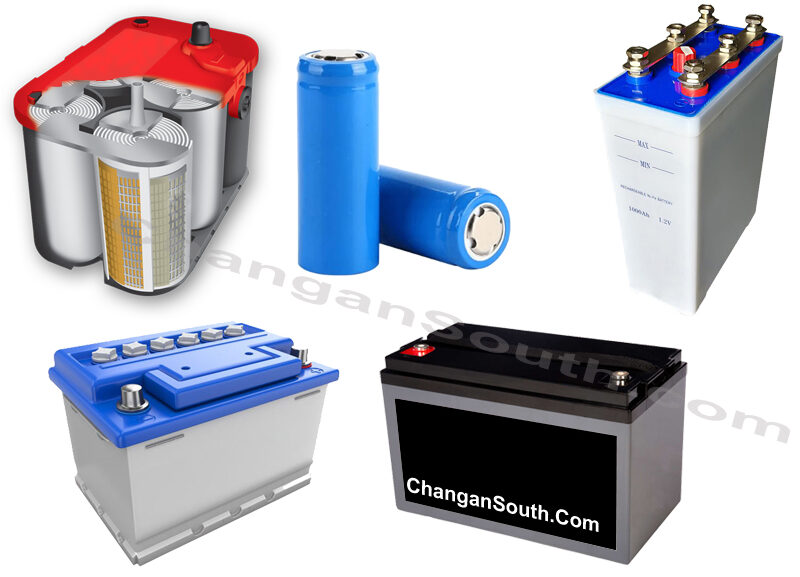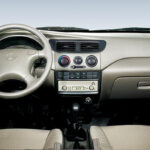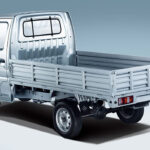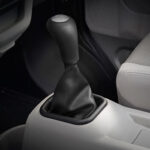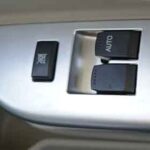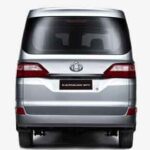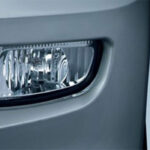A car battery is a type of rechargeable Battery that provides the electrical energy needed to start a car and keep its electrical systems running. It is usually a lead-acid battery, similar to the one found in a flashlight. The size of the battery and its capacity is determined by the type of car and the number of accessories it has. The battery also needs to be recharged periodically, which can be done with a standard car charger or with a solar panel.
Types of Batteries
- Lead-Acid Batteries: These are the most common types of car batteries and are typically made up of six cells that contain lead plates and a dilute sulfuric acid solution.
- Nickel-Cadmium (NiCad) Batteries: These are rechargeable car batteries that use a combination of nickel and cadmium to store energy.
- Lithium-Ion Batteries: These are the newest type of car batteries and are quickly becoming a popular choice due to their higher energy density and lower weight.
- Absorbed Glass Mat (AGM) Batteries: These are sealed, lead-acid batteries that use fiberglass mats to absorb the sulfuric acid electrolyte and help prevent spills.
- Deep Cycle Batteries: These are designed for deep-cycle applications such as trolling motors, solar power, and utility vehicles.
Lead-Acid Batteries
Lead-acid batteries are the oldest type of rechargeable batteries and are commonly used for starting combustion engines in cars and trucks. They are composed of lead plates and lead dioxide plates submerged in a sulfuric acid solution. When the battery is discharged, the sulfuric acid is converted to water and the lead plates form lead sulfate. When the battery is recharged, the lead sulfate is reverted back to lead and lead dioxide while the water is converted back to sulfuric acid. Lead-acid batteries are relatively inexpensive and reliable, but they are also heavy and have relatively low energy density.
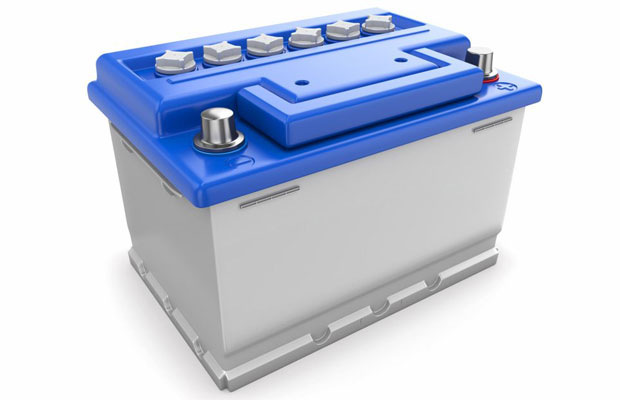
Pros:
- Lead acid batteries are inexpensive and have been around for a long time, so they are reliable and well-developed.
- They are capable of providing high surge currents and have a relatively low self-discharge rate.
- Lead acid batteries are also relatively easy to maintain and recycle.
Cons:
- Lead-acid batteries are relatively heavy and bulky.
- They have a relatively short life span compared to other types of batteries.
- Lead-acid batteries also require regular maintenance, such as adding distilled water and keeping the terminals clean.
- They also contain lead, which can be harmful to the environment if not recycled correctly.
Types of Car Batteries
Nickel-Cadmium (NiCad) Batteries
Nickel-cadmium (NiCad) batteries are rechargeable batteries that are used in many different types of electronics, such as cordless phones, laptop computers, power tools, and toys. NiCad batteries are composed of two electrodes, one made of nickel and the other made of cadmium, which is suspended in an electrolyte solution. NiCad batteries are known for their high capacity and long-lasting performance, but they do have some drawbacks. They are prone to the so-called “memory effect,” which can reduce their capacity if they are not completely discharged before recharging, and they contain toxic metals, making them less environmentally friendly than other types of rechargeable batteries.
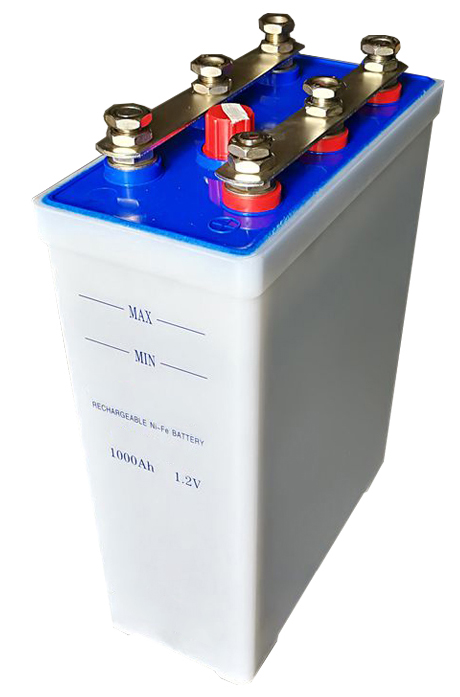
Pros:
- High power density and relatively low cost.
- Low self-discharge rate and long cycle life.
- Low levels of environmental pollution.
Cons:
- Memory effect, which reduces the battery’s capacity over time.
- High levels of cadmium, which is toxic and can cause environmental damage.
- High cost of disposal due to environmental concerns.
Types of Car Batteries
Lithium-Ion Batteries
Lithium-ion batteries are a type of rechargeable battery commonly used in portable electronics. They are lightweight and have a high energy density, allowing them to store a large amount of energy in a small package. They also have a long lifespan and are resistant to the effects of overcharging, making them an ideal choice for many electronic devices. Lithium-ion batteries are commonly used in laptops, mobile phones, digital cameras, and electric vehicles.
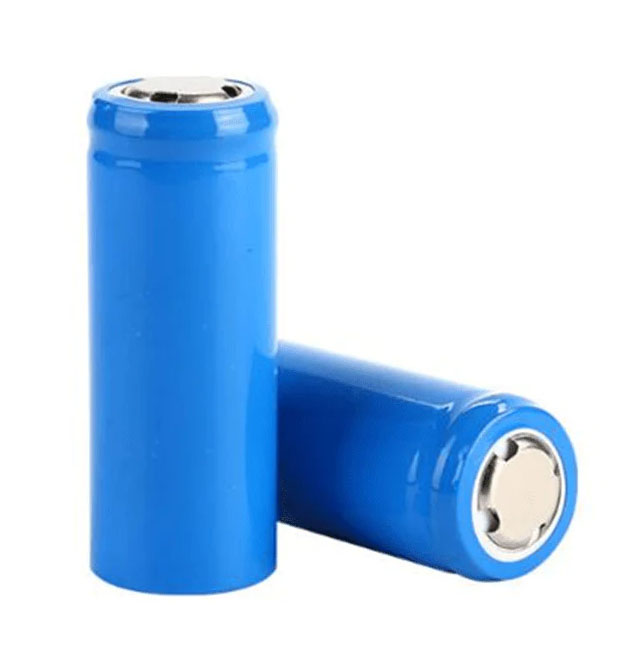
Pros:
- Lithium-Ion batteries have a high energy density, making them smaller and lighter compared to other battery technologies.
- They are capable of providing a high voltage, enabling them to output more power.
- They are capable of rapid charging and discharging, making them ideal for applications that require frequent use and recharging.
- They have a long cycle life, meaning they can be recharged and used multiple times without significant degradation in performance.
- They are environmentally friendly, as they do not contain any toxic materials or heavy metals.
Cons:
- Lithium-Ion batteries can be expensive due to their high energy density and power output.
- They are sensitive to temperature, so they must be kept in an environment with temperatures between 0°C and 40°C.
- They are not good at storing energy for long periods of time, so they are not suitable for applications that require long-term storage.
- They can be dangerous, as they are prone to overheating and even catching fire.
- They are not easily recyclable, making them a less sustainable option than other battery technologies.
Absorbed Glass Mat (AGM) Batteries
AGM batteries are sealed lead-acid batteries, with a gel-like electrolyte that is absorbed by a separator between the plates. This type of battery offers superior performance and is more efficient than traditional lead-acid batteries. They are also more tolerant of deep discharges and can be discharged and recharged more often than standard lead-acid batteries. AGM batteries are widely used in the automotive and marine industries due to their superior characteristics. They are also widely used in applications such as UPS systems, solar and wind energy storage, and other deep-cycle applications.
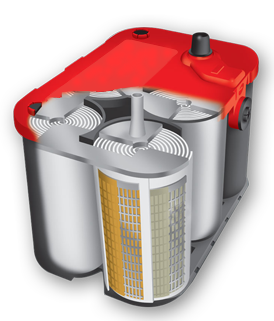
Pros:
AGM batteries are more efficient than traditional batteries, offering a higher energy density and more power for a given size. They are also safer than other types of batteries due to their sealed construction, with no risk of leaking acid or other hazardous materials. AGM batteries also have a greater number of charging cycles, meaning they can be used for longer periods of time before needing to be replaced. In addition, AGM batteries require minimal maintenance and can be installed in virtually any location due to their vibration resistance.
Cons:
AGM batteries have a higher initial cost compared to other types of batteries. They also require special chargers and are more sensitive to overcharging, which can cause permanent damage. Additionally, AGM batteries can be sensitive to extreme temperatures and can be affected by deep discharging, so proper care must be taken to ensure the battery’s performance and longevity.
Types of Car Battery
Deep Cycle Batteries
Deep cycle batteries are designed specifically to provide a steady source of power over an extended period of time. They are designed to be discharged and recharged multiple times and are used in applications such as electric vehicles, solar energy systems, and marine applications. Deep cycle batteries are able to provide more power than other types of batteries and they are designed to last longer.
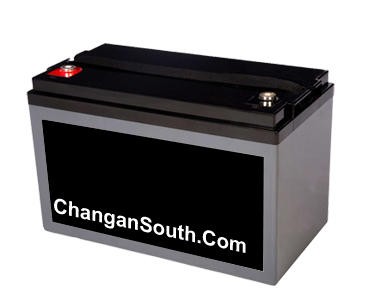
Pros:
- Deep cycle batteries are designed to last a long time and work well in applications that require consistent and reliable power.
- They are well-suited for applications that require deep cyclings (charging and discharging repeatedly) such as RV, marine, and solar applications.
- Deep cycle batteries can provide more power over a longer period of time than other types of batteries.
- They are also more efficient and can be recharged more quickly and with less energy than other types of batteries.
- Deep-cycle batteries are generally more reliable and require less maintenance than other types of batteries.
Cons:
- Deep-cycle batteries are more expensive than other types of batteries.
- They are also heavier and larger than other types of batteries, making them more difficult to transport and install.
- Deep-cycle batteries require a specific charging protocol to ensure their longevity, which can be difficult for some people to understand.
- Deep cycle batteries can be damaged if charged or discharged too quickly, which can reduce the battery’s lifespan.
Types of Car Batteries


